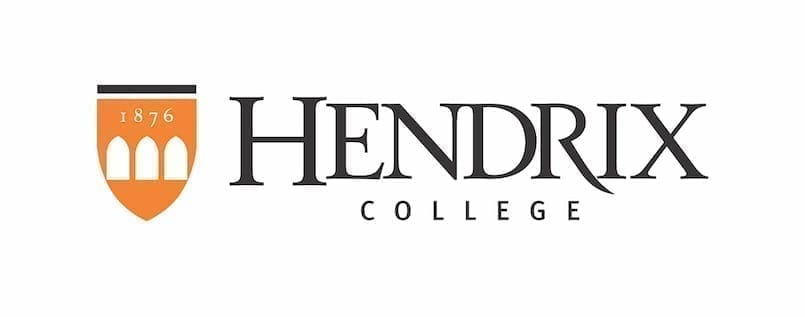08 Mar 2021 UAMS, Hendrix partnership gives undergrads research ‘Immersion’ opportunity
Through a partnership with the University of Arkansas for Medical Sciences (UAMS), Hendrix College students have a unique opportunity to address a critical human health issue in the new Clinical and Translational Research Immersion (CTRI) Program.

Andres Caro, Ph.D., a professor of chemistry at Hendrix, is leading the educational components of the program in collaboration with the UAMS-administered Arkansas IDeA Network of Biomedical Research Excellence (Arkansas INBRE) and the UAMS Translational Research Institute. It is supported by a $165,326 grant from the National Institute of General Medical Sciences of the National Institutes of Health (NIH).
The program began in the fall, 2020 semester with three students interested in biomedical science careers; three additional students joined this semester, and three more will participate this summer. Caro noted that there are few opportunities for undergraduate students to conduct translational research, which includes human study participants. Translational research is the process of rapidly applying new knowledge and discoveries to deliver treatments or practices that improve health.
“Translational medicine is the future of therapy, and the CTRI Program will introduce Hendrix students to this cutting-edge field,” Caro said.
The program is providing the students with a team-based translational research experience as part of an ongoing opioid study that involves eight UAMS researchers.
Arkansas INBRE’s mission is to build biomedical research capacity across the state. Lawrence Cornett, Ph.D., director, said the CTRI program is a great addition to INBRE’s efforts. Increasing the number of future researchers is also a focus of the Translational Research Institute.
“We’re excited to be part of this collaboration,” said Laura James, M.D., director of the institute. “It allows us a unique opportunity to teach the principles of translational research beyond UAMS. This is crucial to expanding the research education pipeline and developing future translational scientists.”
The project also enables the expansion of an ongoing study of neonatal opioid drug withdrawal, led by Clare Nesmith, M.D., an associate professor in the College of Medicine Department of Pediatrics, Division of Neonatology. The addition of a second clinical site at the University of Louisville will allow investigators to better understand factors that predict the development of neonatal opioid withdrawal syndrome in newborns. Lori Devlin, D.O., an associate professor in the Department of Pediatrics, Division of Neonatal Medicine, and Janice Sullivan, M.D., a professor and vice chair for Pediatrics Research in the Department of Pediatrics are leading the study at the University of Louisville site.
The Arkansas INBRE program involves most of the state’s universities and colleges working toward the same goal of encouraging interest in and supporting cutting-edge scientific research that, ultimately, benefits the state.
“Research experiences are widely recognized to benefit undergraduate students in a number of ways,” Caro said. “Students who conduct research are more likely to complete a baccalaureate degree, pursue additional training in either graduate school or professional school and go on to a career in research.”
Arkansas INBRE is funded under the NIH Institutional Development Award Program, or IDeA. The UAMS-based Arkansas INBRE program manages the initiative for partners that include the University of Arkansas at Pine Bluff, Arkansas State University, Hendrix College, Ouachita Baptist University, John Brown University, the University of Arkansas at Little Rock and others. Along with UAMS, the University of Arkansas, Fayetteville participates as a research-intensive institution.
The Translational Research Institute is supported by the NIH National Center for Advancing Translational Sciences.









